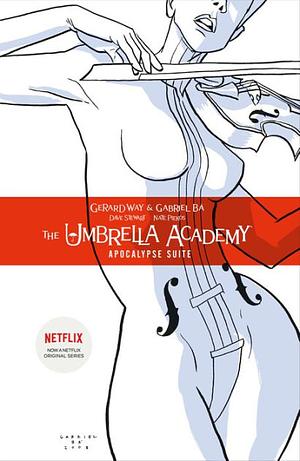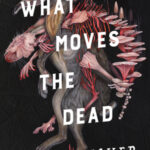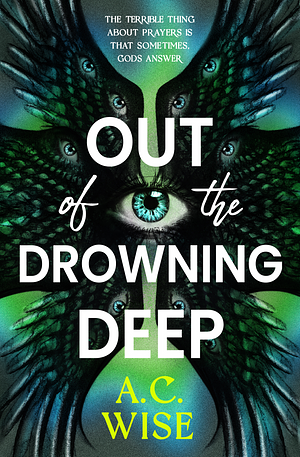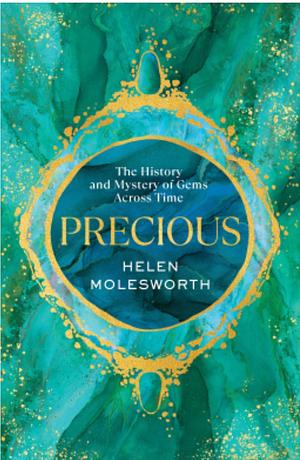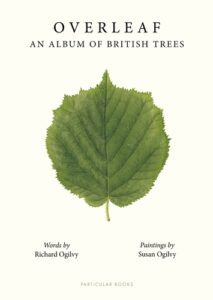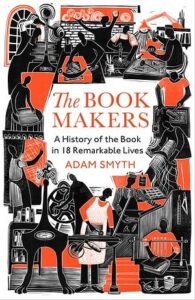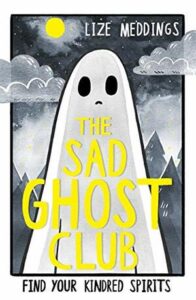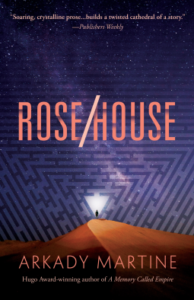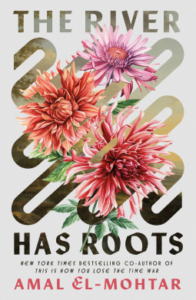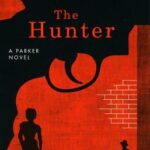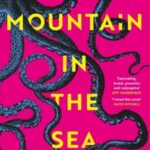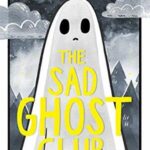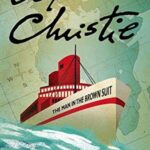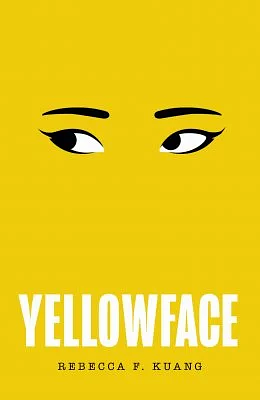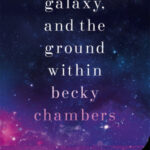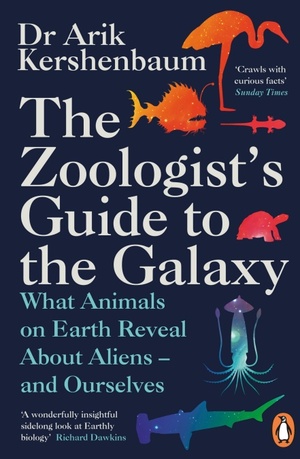
The Zoologist's Guide to the Galaxy: What Animals on Earth Reveal About Aliens -- And Ourselves
by Arik Kershenbaum
Genres: Non-fiction, SciencePages: 368
Rating:

Synopsis:We are unprepared for the greatest discovery of modern science. Scientists are confident that there is alien life across the universe yet we have not moved beyond our perception of 'aliens' as Hollywood stereotypes. The time has come to abandon our fixation on alien monsters and place our expectations on solid scientific footing.
Using his own expert understanding of life on Earth and Darwin's theory of evolution - which applies throughout the universe - Cambridge zoologist Dr Arik Kershenbaum explains what alien life must be like. This is the story of how life really works, on Earth and in space.
The Zoologist’s Guide to the Galaxy, by Arik Kershenbaum, attempts to guess what alien life might look like by working from what we know. It seems to generally be focused on the more exciting side of things, with what alien animals might look like, and especially what alien intelligence might look like — though I think simpler life (equivalent to bacteria and archaea) is more likely to be found in a variety of places, with multicellular life being rarer, and intelligent life rarer still. But obviously you have to go with what people are interested in, and zoology isn’t known for in-depth interest in microbiology anyway.
As I’ve said elsewhere (and it’s not too surprising), overall there weren’t many surprises for me, given I have a biology degree and a pre-existing interest in astrobiology from fiction and non-fiction. I found that I didn’t always agree with Kershenbaum’s reasoning, but it was interesting.
As far as his reasoning went, I felt that he focused a bit too much on positive selection of beneficial traits, and it felt like he over-emphasised the idea that traits (both physical and behavioural) must be advantageous in order to be maintained through generations. Of course, that’s a large part of it, but neutral traits and behaviours can come along for the ride because they’re not selected against (and of course negative traits can come along because they’re advantageous in narrow but important circumstances, though he does touch on this in discussing traits that demonstrate fitness).
To explain what I mean, I’d be very wary of claiming that there must be an evolutionary advantage to, say, a percentage of the population being attracted to very young children — but that is a persistent trait of humans, unfortunately. If it has a grounds in heredity, then it must be either a trait that’s neutral, evolutionarily speaking, or one which is positive under a narrow set of circumstances — which it may well be, but do we really want to sit around debating how paedophilia might be good, actually? I don’t think it’s terribly appropriate to consider paedophilia to be necessarily adaptive because it’s a behaviour that exists (and persists), and likewise there are other features of appearance, behaviour and function that are complicated. Other types of child abuse, for instance.
Reckoning with something so heavy is beyond the scope of the book, but hopefully that makes it clear that it’s not a great idea to put all your faith in the idea that every trait must be adaptive. It’s important to remember the existence of negative and neutral traits which come along for the ride.
My other quibbles are related: one would be that Kershenbaum spent quite a lot of words on suggesting innovative and strange forms life might take, only to conclude quickly that no, they’re not likely, and most likely we’ll meet lifeforms that look quite like us.
The other is the stupid “tape of life” analogy. We cannot “rewind the tape of life”, so we cannot know whether things would turn out the same if we did so. (Plus a tape is a bad analogy for what they actually mean: no matter how you rewind it, it’s still going to play the same content when you press play, because a tape has pre-determined content on it.) It’s a thought experiment, not a truth about the world. I believe there have been some experiments that try to test the theory by sampling from a colony of bacteria at the same time and seeing whether each then develops in the same way — but then talk about those, instead, and what they mean for your theory, don’t just take “the tape of life” metaphor and run with it despite its manifest flaws. It’s a thought experiment, not a fact.
Obviously I’m being pretty nitpicky here, and overall I found it interesting and enjoyable (if sometimes a bit repetitive). For a layperson, it’s probably a perfectly fine level of simplification.
Rating: 3/5

